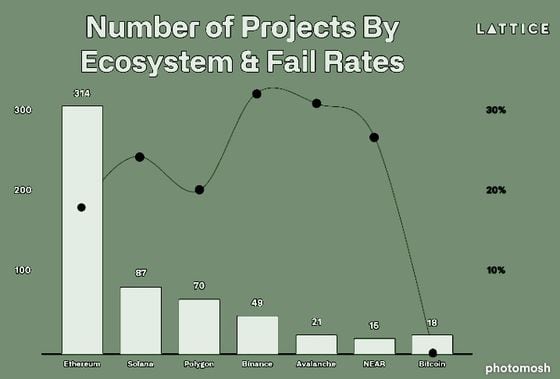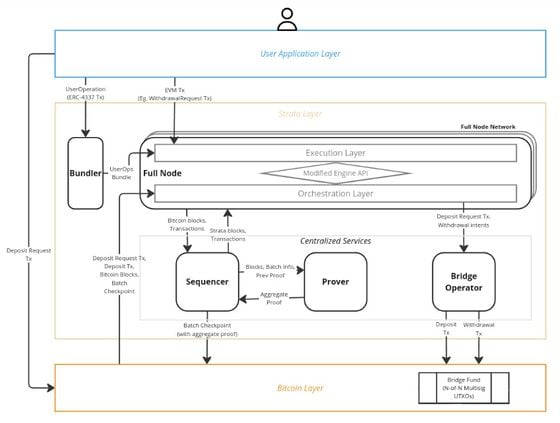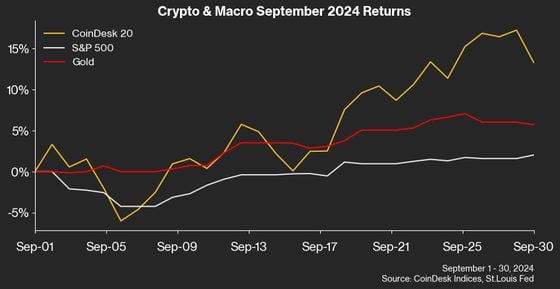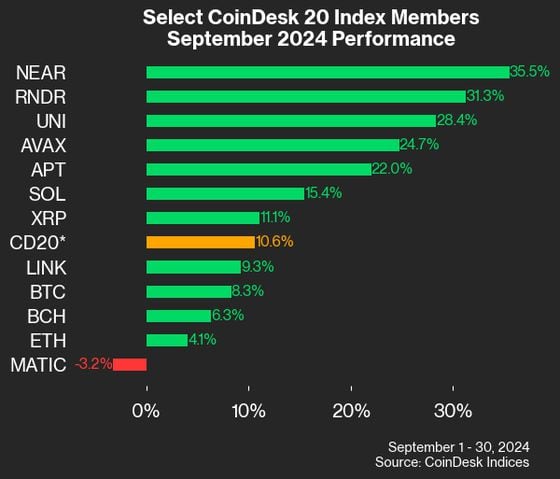
When trying to determine if your crypto company might be unwittingly employing North Korean workers, sometimes it helps to pay attention to little details that just don't seem to add up – such as when your workers claim they were distracted by an earthquake in Japan, when there was no recent earthquake in Japan. That's just one of the tantalizing details from our Sam Kessler's investigative opus, hot off the press, detailing North Korea's successful campaign to place its workers on crypto-company payrolls.
ALSO:

"Naoki Murano," one of the suspected North Korean IT workers identified by ZachXBT, provided companies with an authentic-looking Japanese passport. (Image courtesy of Taylor Monahan)
HERMIT EMPIRE: An investigation published Wednesday by CoinDesk's Sam Kessler reveals just how aggressively and frequently North Korean job applicants have targeted crypto companies in particular – successfully navigating interviews, passing reference checks, even presenting impressive histories of code contributions on the open-source software repository GitHub.
Kessler spoke to more than a dozen crypto companies that said they inadvertently hired IT workers from the Democratic People's Republic of Korea (DPRK), as the nation is officially called. These interviews with founders, blockchain researchers and industry experts reveal that North Korean IT workers are far more prevalent in the crypto industry than previously thought. Virtually every hiring manager approached by CoinDesk for this story acknowledged that they had interviewed suspected North Korean developers, hired them unwittingly, or knew someone who had.
"The percentage of your incoming resumes, or people asking for jobs, or wanting to contribute – any of that stuff – that are probably from North Korea is greater than 50% across the entire crypto industry," said Zaki Manian, a prominent blockchain developer who says he inadvertently hired two DPRK IT workers to help develop the Cosmos Hub blockchain in 2021. "Everyone is struggling to filter out these people."
Among the unwitting DPRK employers identified by CoinDesk were several well-established blockchain projects, such as Cosmos Hub, Injective, ZeroLend, Fantom, Sushi and Yearn Finance. “This has all been happening behind the scenes,” said Manian. This investigation marks the first time any of these companies have publicly acknowledged that they inadvertently hired DPRK IT workers.
ELSEWHERE:

Ethereum had the most projects among the 2022 cohort, Bitcoin had the lowest fail rate, and Binance had the highest fail rate. (Lattice)
Crypto's hellish 2022 was awash in washouts: Terra-Luna crashed, FTX rugged and crypto lenders bombed. Yet the disasters failed to sink many of the teams perhaps most vulnerable to mayhem: early-stage startups.
Over 80% of the crypto startups that announced seed rounds in 2022 continue to build today, according to a new report from Lattice VC.
The finding may add some retrospective hope to what was otherwise crypto’s darkest year yet. Venture capital companies deployed over $5 billion into 1,200 teams that unveiled their seed rounds during the tumultuous months of 2022 – 2.5 times more capital than in 2021.
“Because of the massive influx of capital for 2022, there was just a natural expectation” of a higher fail rate, said Mike Zajko, co-founder at Lattice. The prediction hasn’t really come to fruition.
Go here for the full article by CoinDesk's Danny Nelson
Fundraisings
Deals and grants

Jon Atack (Maelstrom)
Data and Tokens
Regulatory, Policy, and Legal
Protocol Village
Top picks of the past week from our Protocol Village column, highlighting key blockchain tech upgrades and news.

Diagram of Strata's system architecture (Strata)
Bitcoin (BTC) is suffering its worst start to October, typically its most bullish month, as Israel-Iran tensions have flared. Some $450 million in bullish crypto bets were liquidated.
September, on the other hand, looked bullish – typically in the largest cryptocurrency's worst month of the year.
Looking back on September, the CoinDesk 20 index of blue-chip digital assets outperformed the Standard & Poor's 500 Index, as well as gold. Here's what that looked like, courtesy of my colleague Tracy Stephens at CoinDesk Indices

(Tracy Stephens/CoinDesk Indices)
Bitcoin (BTC), despite gaining an entirely respectable 8.3% during the month, was a bit of a laggard compared to the rest of the CoinDesk 20 members.
The alternative layer-1 blockchain's NEAR token topped the charts, with a 36% climb.
Ethereum's ETH put in another month of subpar performance, in what has been an inarguably lackluster year for the largest smart-contract blockchain.
Polygon's MATIC, which is being swapped out for a new token called POL, was the index's sole loser during the month, sliding 3.2%.

免责声明:本文章仅代表作者个人观点,不代表本平台的立场和观点。本文章仅供信息分享,不构成对任何人的任何投资建议。用户与作者之间的任何争议,与本平台无关。如网页中刊载的文章或图片涉及侵权,请提供相关的权利证明和身份证明发送邮件到support@aicoin.com,本平台相关工作人员将会进行核查。




